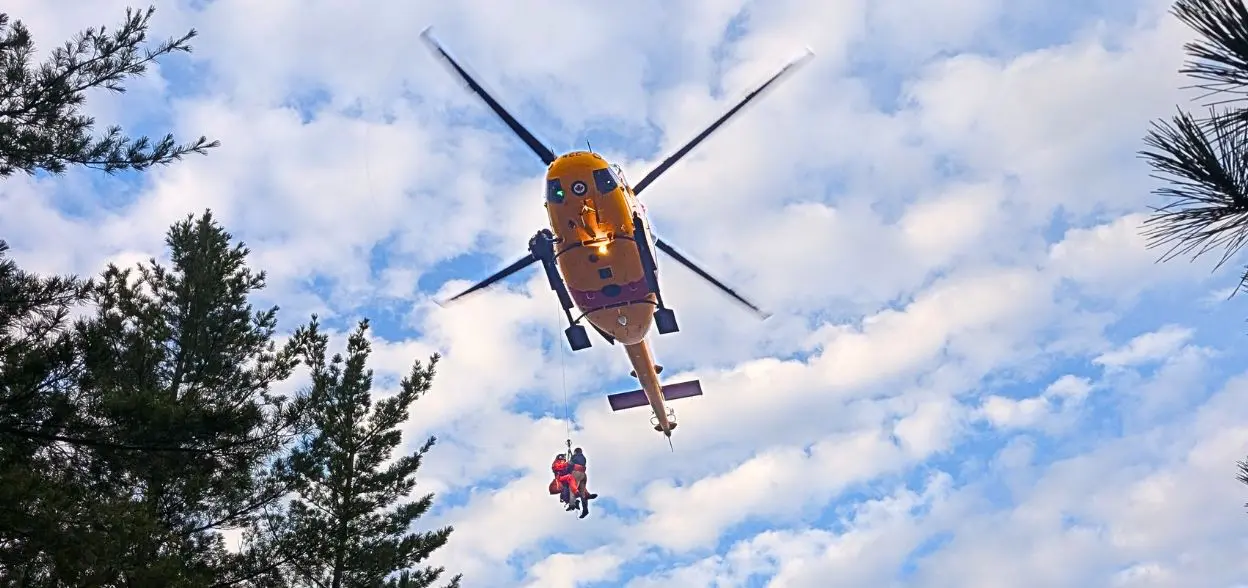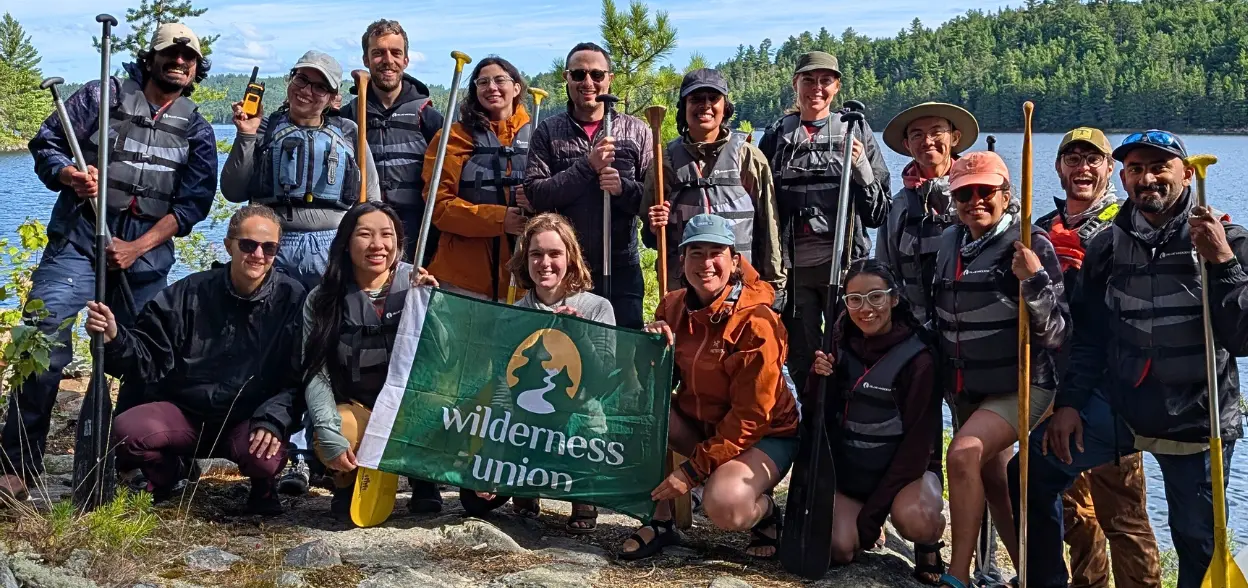
Finding adventure and finding your limits involves risk. Our role at Wilderness Union is to help you safely have incredible experiences. That takes meticulous planning, working with the very best guides and ensuring we’re well equipped so that when the unexpected happens, things still go right.
Last summer, we safely evacuated our members in the middle of the night from Georgian Bay when a tornado threatened to strike—an experience many later remembered as one of the most unforgettable adventures they’d ever had. This past weekend in Temagami, we proved once again how essential preparation, responsiveness, and skill are when the wilderness delivers the unexpected.
Our Ancient Temagami canoe trip is an 80 km paddle through some of Temagami’s most beautiful waterways. It is the trip of a lifetime for those who take it on, in part because of its remoteness. On this year’s trip, the unexpected happened when a member sustained an injury during the night. It quickly became clear that they required evacuation, but we were already a two-day paddle from our put-in. It was after dark, at the most remote point in our journey, where we were camping on an island with storms rolling in.
Given the complexity of the rescue, the Royal Canadian Air Force Search & Rescue team was tasked from Trenton, roughly 400km away. For a time it looked like the team might need to parachute in before a smaller helicopter became available. When the aircraft came into sight, lightning initially prevented a landing. On a second approach, two medics rappelled to the site, stabilized the member, and then winched both the member and our guide into the helicopter for a short flight to the nearest hospital.
There is a lot to be grateful for. Our member is recovering well thanks to calm, professional care on scene and at the hospital. All of our guides have wilderness first aid qualifications and in this case one of our guides is a doctor, which added depth to the medical response. We are also deeply grateful to the Royal Canadian Air Force Search and Rescue team for their skill and coordination in challenging conditions. In case you’re wondering what happened to the rest of the group, they pressed on and came back on schedule, led by our lead guide, Rory.

How we prepare for risk is what allows us to travel more adventurously. Our teams train for emergencies, map out evacuation routes, carry appropriate medical and communication equipment, and follow detailed emergency action plans. This kind of incident is rare but when an incident does occur, we debrief in depth in order to keep learning and improving.
Looking ahead, the experience reaffirmed that our systems work. We have completed detailed debriefs and started implementing upgrades to training, checklists, and gear. The takeaway is simple: preparation and teamwork turn hard moments into safe outcomes. We are excited to keep helping people explore wild places with confidence.